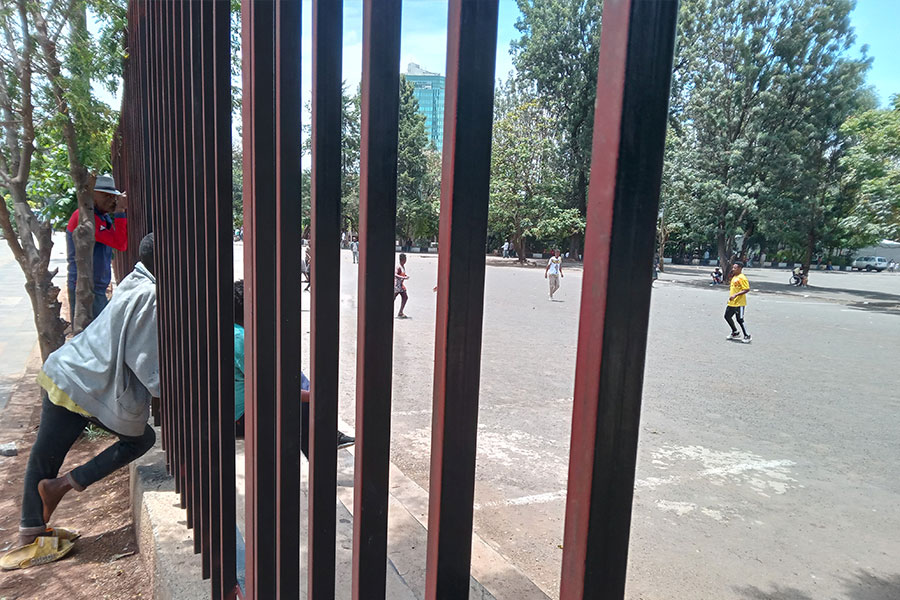
In-Picture | May 11,2025
The 1992 World Junior Championships, for athletes aged 19 or under, and held in Seoul, South Korea, was one of the more dramatic sporting events of the past post-Cold War era.
Josephat Machuka, a Kenyan long-distance runner, was one of the competitors in the 10,000 metres track. He raced with speed primarily against an Ethiopian, though he was ahead for the most part. Machuka was eventually overtaken close to the finish line. As he was being passed, he deliberately punched on the back the eventual winner. He was disqualified from the race as a result and would forever have his career overshadowed by the incident.
The young runner he punched was Haile Gebrselassie. It was a triumphant but also informative start to his athletics journey. On that day on the tracks, he was not just the better athlete but, the better man as well. It is hard work that gets us to the finish line, not dirty tricks or bullying, and definitely not wishing our fellow man any ill-will. Look to the finish line, set a target and pursue it relentlessly, not cowardly punch someone from behind.
The need to adopt this inspirational zeal is crucial. The classic virtues – loyalty, reliability, patience, perseverance, thrift, and selflessness – are hard currency in times of crisis. William Strauss, an American author, postulated the same, reminding us that if history had not been seasonal, these virtues would have long since atrophied, and vanished from memory as useless to humanity. They remain in our tradition because they are once in a black moon reaffirmed in glory, rewarding those who embrace them and penalizing those who do not.
There are also other places where hard work and loyalty to one’s passion are rewarded. Recently, I was invited by my niece to a show at the increasingly famous Fendika Cultural Centre, where I witnessed its owner, Melaku Belay, recognised for embracing the classical traditions by a crowd made up of a great degree of enthusiastic expatriates. He does not just stage his choreographies, collected and conserved in pristine form, and expressed with a fantastic energy and passion, but offers opportunities to promising experimental jazz bands to play.
It is not all. Melaku's rather modestly-sized centre brims with works of art, not the type of flashy fixtures one would expect at the usual Addis establishments that expatriates usually visit. I also visited an art gallery there, which showcased interesting works from young and aspiring artists. Once every month, there is a poetry fest largely by young men and women, mainly for an audience of their age group.
All of this reminds me of Neil Armstrong’s quote, which is incorrectly remembered as, ”One small step for man, one giant leap for mankind,” as he walked on the moon in 1969. ”One small step for a man, one giant leap for mankind,” reminds us of the hard work and personal sacrifices paid by the few, but which go on to inspire and push the rest of us to become the best versions of ourselves.
Fendika, a small place from some steps of a man who brought us this feel-good factor, a feat worth replicating by the service industry, has inspired me greatly. These and the likes of Marathon Motors are where strong-willed people have put their stamp and hope to give back to their community. But, during their ”marathon” journey, it is a sense of patience, passion and determination that has gotten them to the finish line.
It is not always that the country generates people that have made it using character. It is not even about talent. It is about the will and the disposition to go places others usually do not dare. There is much to learn here.
PUBLISHED ON
May 14,2022 [ VOL
23 , NO
1150]


In-Picture | May 11,2025

View From Arada | Jan 27,2024

Sunday with Eden | Jun 12,2021
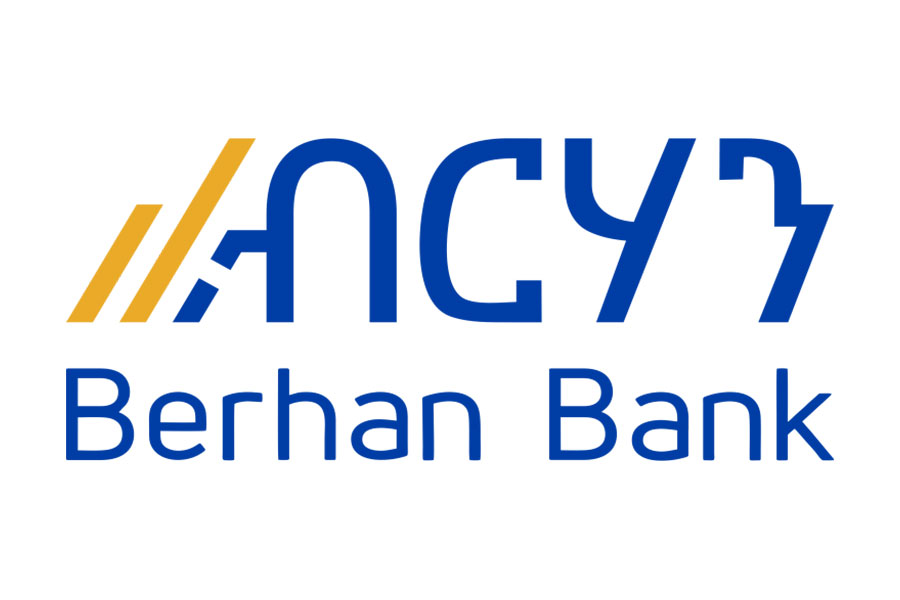
Fortune News | Jan 15,2022
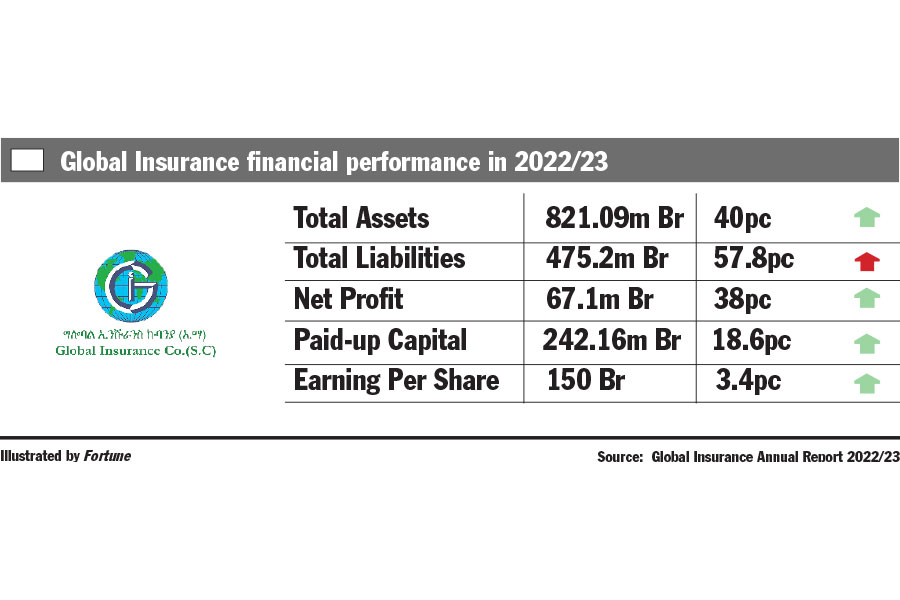
News Analysis | Jun 08,2024
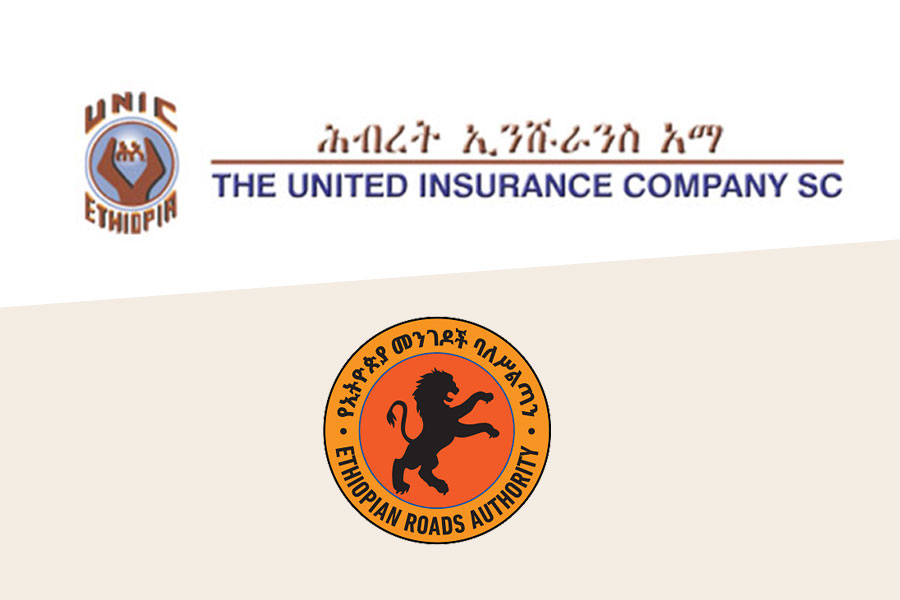
Fortune News | Jan 09,2021
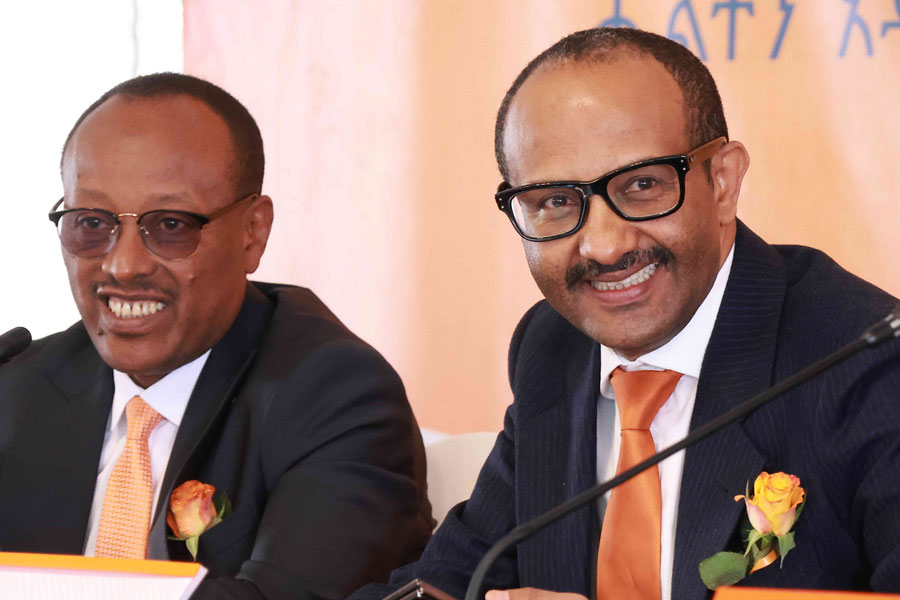
News Analysis | Jan 19,2024
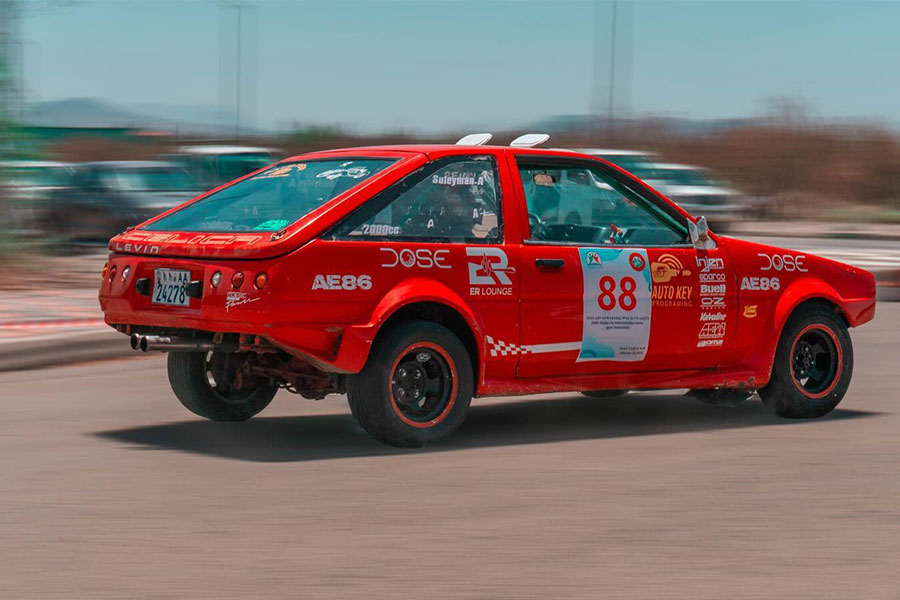
Featured | Sep 07,2025

View From Arada | Oct 14,2023

Viewpoints | Apr 30,2021

Dec 22 , 2024 . By TIZITA SHEWAFERAW
Charged with transforming colossal state-owned enterprises into modern and competitiv...

Aug 18 , 2024 . By AKSAH ITALO
Although predictable Yonas Zerihun's job in the ride-hailing service is not immune to...

Jul 28 , 2024 . By TIZITA SHEWAFERAW
Unhabitual, perhaps too many, Samuel Gebreyohannes, 38, used to occasionally enjoy a couple of beers at breakfast. However, he recently swit...

Jul 13 , 2024 . By AKSAH ITALO
Investors who rely on tractors, trucks, and field vehicles for commuting, transporting commodities, and f...

Oct 18 , 2025
The political establishment, notably the ruling party and its top brass, has become p...

Oct 11 , 2025
Ladislas Farago, a roving Associated Press (AP) correspondent, arrived in Ethiopia in...

Oct 4 , 2025
Eyob Tekalegn (PhD) had been in the Governor's chair for only weeks when, on Septembe...

Sep 27 , 2025
Four years into an experiment with “shock therapy” in education, the national moo...